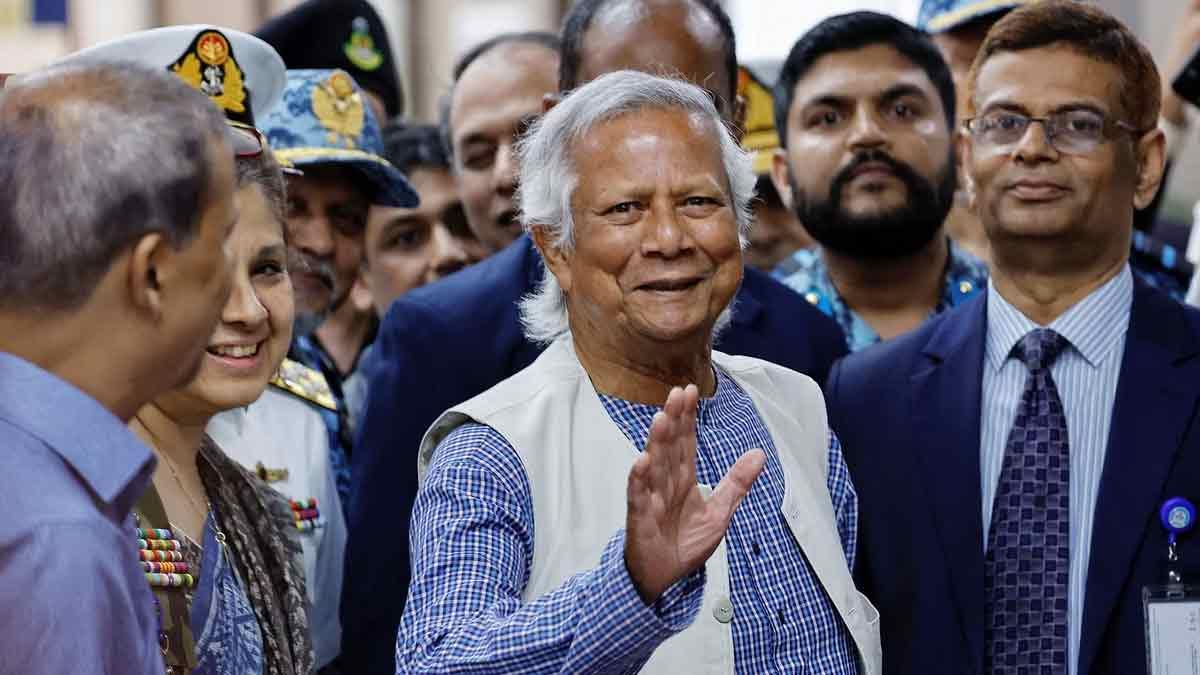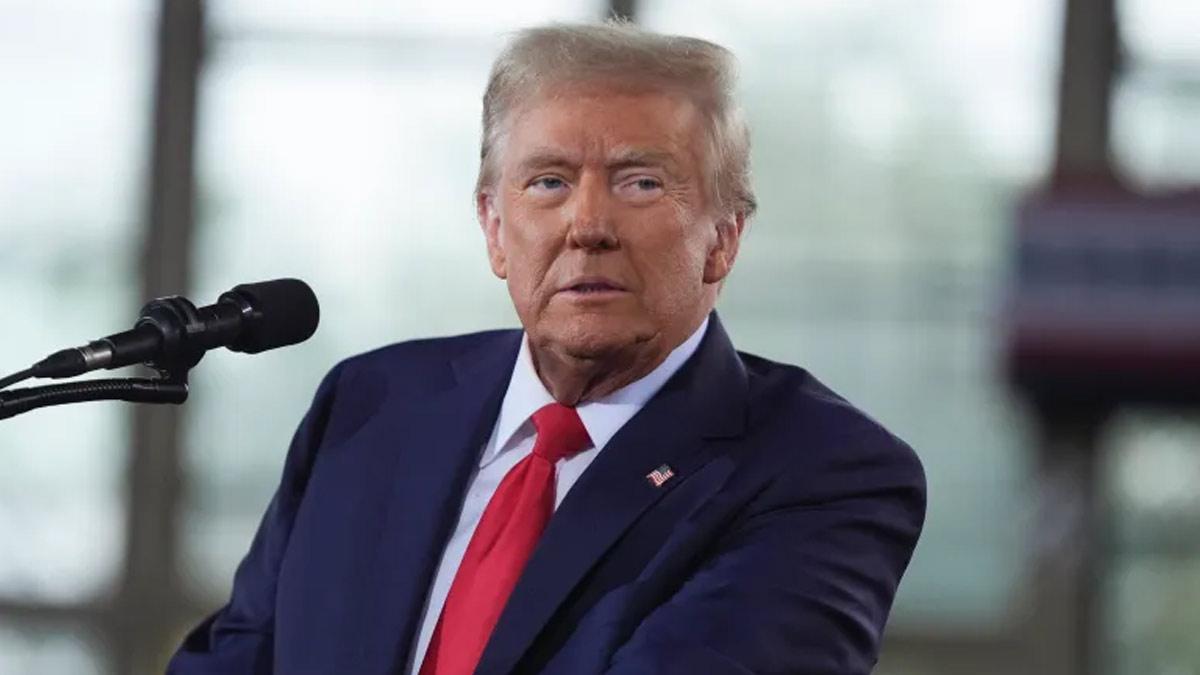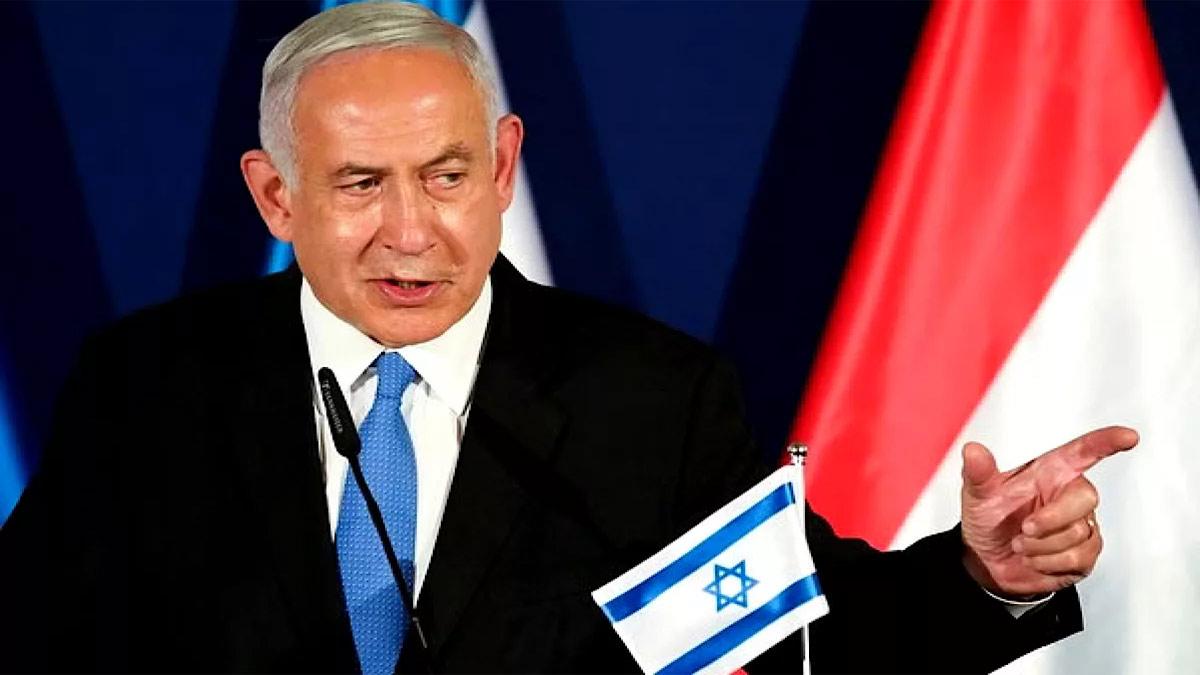He promised to set up a government that would protect its citizens and made an appeal for cooperation in rebuilding Bangladesh on Thursday, hit hard by protests, and described the ousting of Sheikh Hasina as the "second independence" of the country.
At 84, Yunus—whose innovation of microlending won him the Nobel Peace Prize in 2006—was asked to lead a caretaker government by President Mohammed Shahabuddin after Prime Minister Hasina resigned and fled to India as hundreds of thousands of demonstrators protesting her administration's contentious quota system for government jobs hit the streets.
Returning from Paris via Dubai by an Emirates flight, Yunus was received at Hazrat Shahjalal International Airport in Dhaka by Army Chief General Waker-Uz-Zaman, senior officials, student leaders, and civil society members.
At an impromptu press conference at the airport, Yunus described the regime change as a "second independence," saying, "Today is a day of our pride. We have gained independence for the second time, and we must protect this freedom."
He thanked the youth whose activism had brought forth the successful protest movement and underlined that it was now imperative to "save the country from violence so that we can progress along the path the students have illuminated."
He thus appealed to all citizens to heed his call, accepted the role of leading the interim government in response to the students' and youths', and emphasized the need to ensure peace, promising that without it, his presence will mean nothing if he fails to secure it.
Yunus said there was "a conspiracy" over the recent acts of violence and attacks against minority communities, and emphasized that there was a need for a government guaranteeing safety to all citizens.
He returned the nation's future to the hands of the younger generation and urged them to use their creativity and aspirations in rebuilding the nation. "The nation is in your hands now. You have achieved independence, and it is now left to you to reconstruct it as per your ideal," said Yunus.
He also paid homage to Abu Sayed, an activist who happened to be among the first victims of police brutality in the Anti-Discrimination Student Movement.
With the fall of the Hasina government, the police stations were attacked and set afire. Many officers fled their police stations and more than 500 persons, including police personnel, died in related violence. Now, the safe return of police officers to their duties is being ensured following an appeal by Yunus with backing by different political and student groups.
The country would now be run by an interim government under Yunus until elections could be held for an elected administration. Army chief has indicated that the interim government could initially consist of 15 members, though he did not reveal for how long it would last. General Zaman was optimistic that normalcy would be restored within a few days as the situation improves.
Yunus, whose nomination for the interim role came from the student movement leaders responsible for Hasina's ouster, congratulated the "brave students" for achieving what he called the "Second Victory Day." He beseeched everyone to shun violence and arise in rebuilding the country.
Yunus's initiatives against poverty through Grameen Bank have been an inspiration to many programs across the world. His relationship with Hasina's government was strained on many counts, and several investigations and legal challenges were held against him after she came to power in 2008. Yunus was finally forced out as managing director of Grameen Bank in 2011 and also faces several charges under Hasina's administration. Last month, a court sentenced him to six months in prison on charges of violating labor laws. Many would even believe that Hasina was especially incensed when Yunus announced plans to form a political party in 2007, while she was imprisoned under a military-backed government.
Read also | Pakistan Reportedly Considering Missile Supply to Iran Amid Rising Tensions
Read also | Israel Intensifies Intelligence Efforts to Target Yahya Sinwar


















